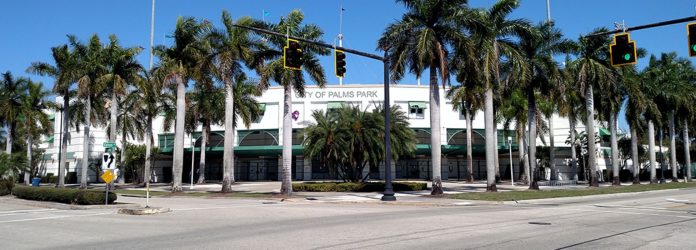The stadium once housed Boston Red Sox spring training games
Fort Myers Still Searching for a Future for City of Palms Stadium
Fort Myers, Florida politicians are still grappling with what to do with the 32-year-old City of Palms Baseball Stadium, once the proud spring training home of the Boston Red Sox. Once envisioned as a hub for professional baseball and later eyed by soccer investors, the facility now sits largely unused—an expensive relic of the city’s sporting past.
United Soccer League Walks Away
After more than a year of discussions, the United Soccer League (USL) officially walked away from a potential deal that could have transformed the ballpark into a professional soccer venue. League executives reportedly cited a lack of fan interest and financial viability, determining that Fort Myers would not provide the sustained support necessary to make a USL franchise successful.
The move is a major blow to Fort Myers’ efforts to repurpose the stadium, which has been without a permanent tenant since the Red Sox departed in 2011. The city had hoped that professional soccer might breathe new life into the facility and generate steady tourism and event revenue.
A Stadium Built on Big Promises
The City of Palms Park was constructed in 1993 after Fort Myers lured the Red Sox from Winter Haven with the promise of a modern, dedicated spring training facility. The Red Sox ownership initially agreed to a long-term lease through 2019, but a 2009 escape clause allowed the team to leave early.
In October 2008, the Lee County Commission voted 3–1 to build a new $77 million complex for the Red Sox in south Lee County—now known as JetBlue Park at Fenway South. The team played its final spring game at City of Palms Park in 2011, ending nearly two decades of baseball in downtown Fort Myers.
A Costly Legacy
Lee County officially took ownership of City of Palms Stadium in 2003 after the city relinquished it due to mounting upkeep costs. Today, it’s estimated that the county spends roughly $500,000 a year just to maintain the dormant facility.
As Fort Myers officials debate the stadium’s future, options range from converting it into a multi-use amateur sports complex to completely demolishing the structure. Local leaders acknowledge that time and money are running short for a venue that no longer has a clear purpose.
For now, the once-celebrated stadium stands as a symbol of how quickly the sports landscape—and public funding priorities—can change. What was once a source of civic pride is now a financial burden searching for a second act.
Evan Weiner’s books are available at: iTunes
Contact Evan: evan_weiner@hotmail.com







